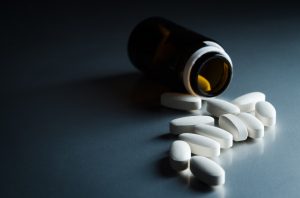Dietary Supplements are often advertised as natural solutions to many complicated conditions and illnesses, however, they often do more harm than good. Generally these products don’t go through the rigorous testing that pharmaceuticals need to get on the market. This means that the supplements effects on the human body are often unknown. The effects of these products could be the reason why so many people are calling poison centers requesting answers.
Can Dietary Supplements Poison You?
On July 24th, a new study was released in the Journal of Medical Toxicology, and it had a lot to say about dietary supplements. From 2005 to 2012, poison control centers all over the country received an almost 50 percent increase in the calls they received about supplements. Worse yet, most of these calls involved children younger than six years old being exposed to a dietary supplement. This has both advocates and parents concerned.
The Food and Drug Administration (FDA) doesn’t require that dietary supplements meet the same standards as medications. This means that many of these products are assumed safe until proven otherwise, which can be bad news for households with kids. Due to lax regulations, these products often don’t have child-resistant packaging, which can lead to accidental ingestion.
The study went on to say that dietary supplements are responsible for over 23,000 emergency room visits every year. Out of those thousands of ER visits, around 10 percent require hospitalization. Over the course of this 13-year study, 34 people died from exposure to dietary supplement and some fear the problem could be getting worse. It is estimated that over 170 million Americans use dietary supplements yearly, however, few understand the risks involved in taking them.
The manufacturers of products like OxyElite Pro, Jack3d, Hydroxycut and other supplements have been accused of causing liver damage, skipping tests, and using FDA banned ingredients. Yet still, the FDA has done little to regulate these companies. This means that pharmaceutical litigation and product liability lawsuits may be the only option to protect the consumers of dietary supplements.
